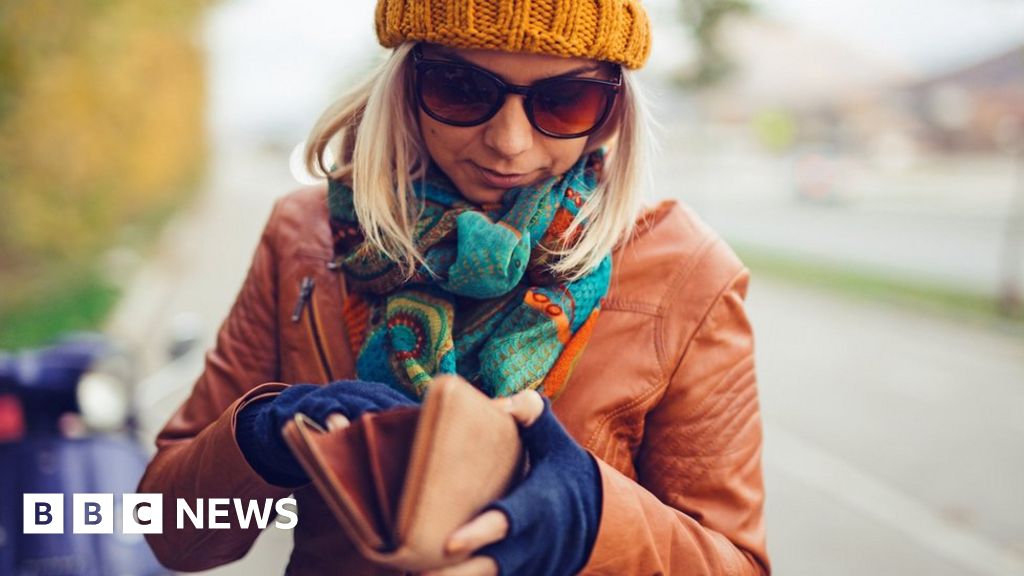Dai Corner
Established Member
- Joined
- 20 Jul 2015
- Messages
- 6,351
A key benefit of cash is the lack of an electronic trail showing what one has bought and where. In a card-only system where details of every transaction are recorded, this just offers one more set of data footprints that can be analyzed to profile us.
If one wants to access credit products from a bank, the only data that should be relevant is how much income is received every month, and how much expenditure goes out. It is of no business of the bank what that expenditure is spent on. I for one will resist any scenario where a daily transaction profile can be data mined to feed some algorithm which decides creditworthiness based on purported calculated lifestyle.
For example, say one has income of £1,000 per week and expenditure of £500 per week - would be a good position to be in if applying for mortgage, long term loan etc, right? Yet if one's bank knows that part of that £500 includes 6 transactions of £4.90 every night, every half hour, between 6pm and 9pm in a pub, it's not hard for an algorithm to conclude one drinks 6 pints per night (substitute normal cost of beer in local pub area), probably alone (as one isn't buying rounds) therefore comes to conclusion that one is an alcoholic. Bang - no credit for you (or punitively increased interest rates).
Alternatively, just draw £30 out of the cashpoint every day and one could be buying either booze or vitamin supplements - you only record total expenditure and no algorithm is the wiser.
This of course leaves alone the question of whether one trusts one's bank to keep your transaction log private and notsell/leak to other companies- sorry, I mean share the data for legitimate purposes with partner organizations...
On the other hand, that £30 cash could arouse suspicion that it's going on things you can't pay for by card such as illegal drugs and half your supermarket spend could be alcohol?

 ), or do a weekly shop in Asda.
), or do a weekly shop in Asda.


